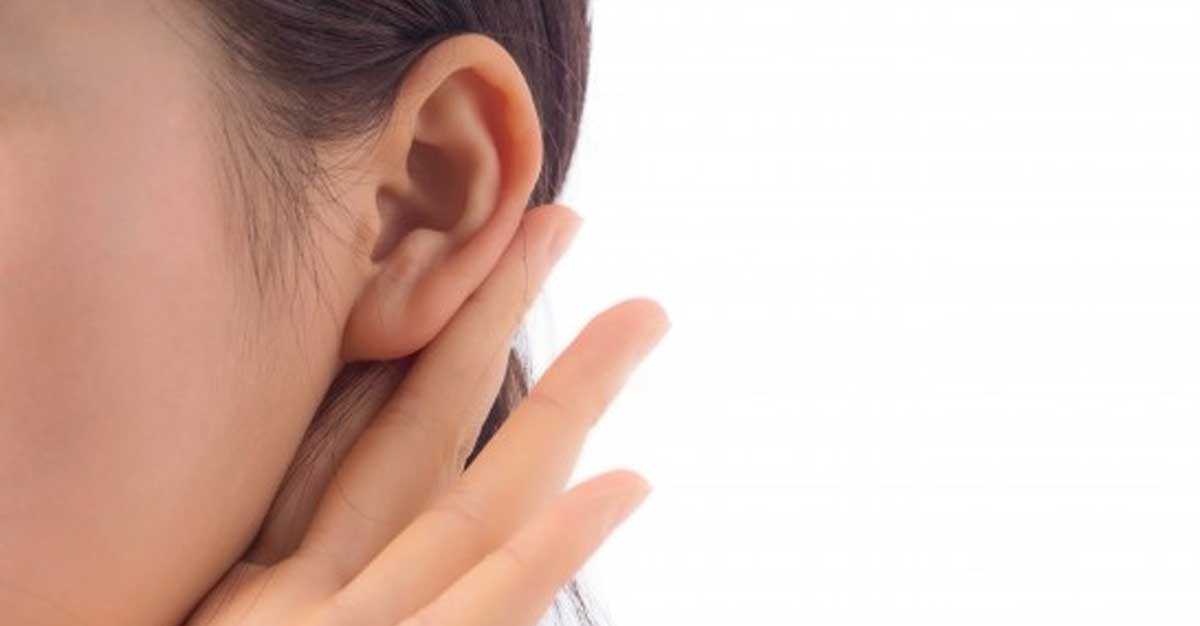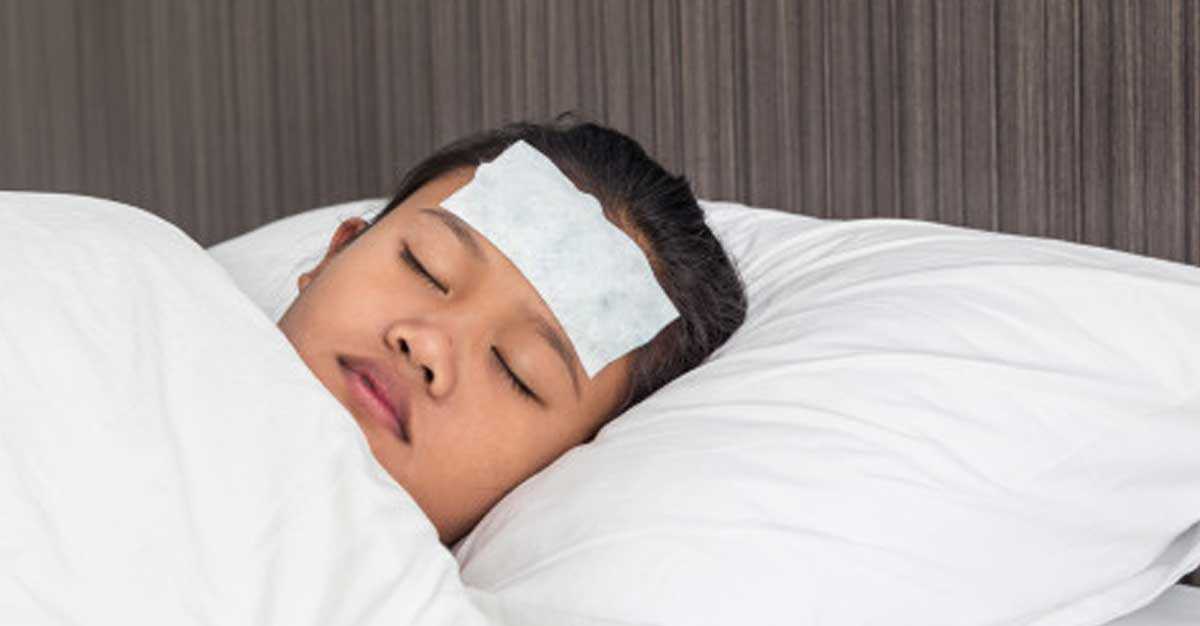No, you don’t have to swim to catch swimmers ear. But you have to read about it to stay safe and handle it wisely. Swimmers ear is an ear infection caused by excess moisture trapped in the ear. But you can get it while staying out of the water as well. As most commonly affected by this are the swimmers hence the name swimmers ear.
Once you get it, no matter how, knowing signs to recognize this is helpful in treatment. As this infection is different from a common ear infection. An infection your child complains of after an episode of cold is the middle ear infection, however, this one happens deep in the ear. Your doctor will recognize this as “otitis externa”. You can use marham.pk to find and consult the best ENT specialist in Pakistan.
How to Recognize:
Typical symptoms one may get as a result of swimmers ear are:
- Itching
- Severe pain
- Draining of odorless fluid or pus from the ear
- If you press the bump in front of the ear you will feel pain
- Also use of earbuds causes pain and discomfort
- You hear muffled sounds


You can read more about symptoms of swimmers ear here.
Culprits Behind Swimmers Ear:
While this infection is most commonly caused by bacteria sometimes fungus, virus or your own ear wax can also be the reason. Some other reasons that contribute toward having this infection include:
Harsh Ear Cleaning:
If you stick stuff inside your ear like hairpins, cotton buds, pen caps and likes of it you can cause abrasion of the ear canal. These small breaks and scratches on the skin inside the ear are home for bacterial growth.
Ear Phones:
Your habit of wearing earbuds and using microphones can also lead to damage of ear skin.
Trapped Moisture:
Excess moisture inside your ear is the main cause of swimmers ear. This could be due to increased sweating, humid weather or water trapped after bathing and swimming. Moisture-laden interiors of the ear are the best place for supporting bacterial growth.
Sensitivity:
Sensitivity reactions due to ear studs, jewelry, makeup and other irritants can also lead to this infection.


Age:
Although this can affect people of any age, most commonly affected ones are kids and preteens. Know more about swimmers ear here.
Treatment:
Mostly this infection is treated by use antibiotics either oral or IV. Two days after starting the treatment patients start feeling better. It may worsen to serious complications if neglected. Since the weather is hot and humid these days. Stay careful about ear health of your kids and your own as well.





